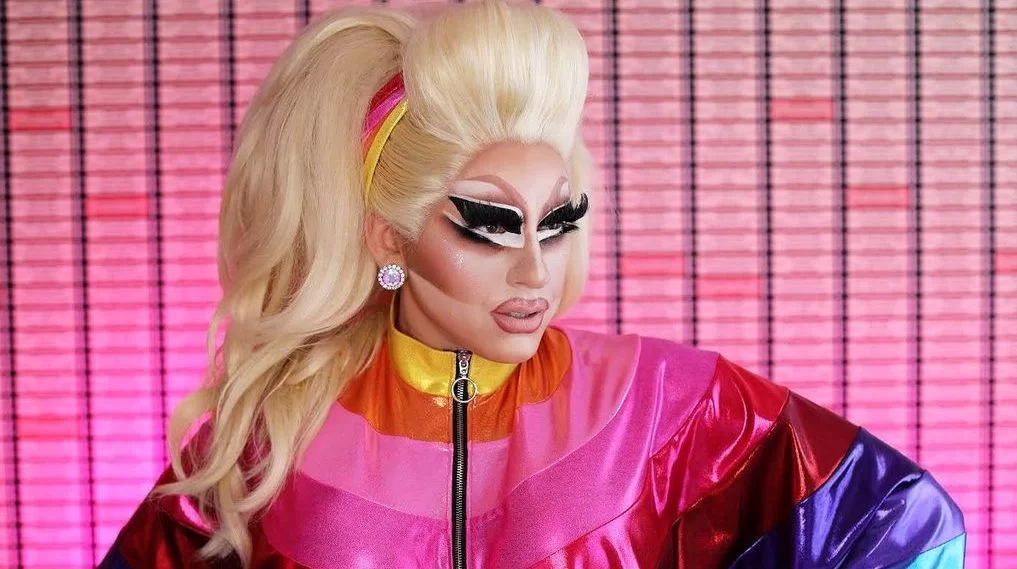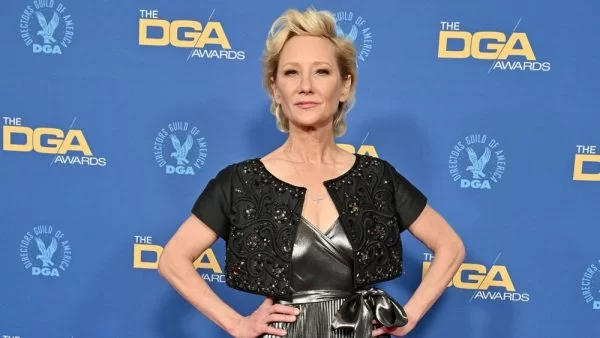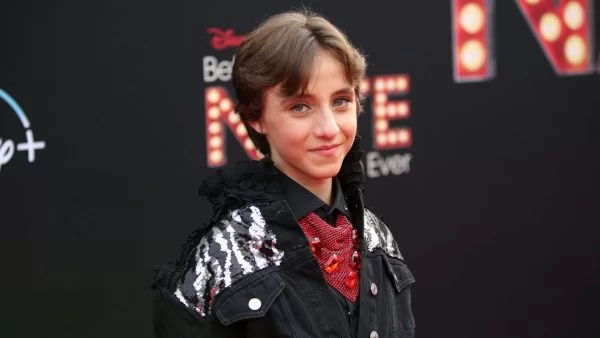Inside Trixie Mattel’s life, her upbringing and boyfriend

Trixie Mattel, the drag persona of Wisconsin native Brian Michael Firkus, is a comedian, author, actor, and singer-songwriter who achieved international fame by placing sixth in season 7 of RuPaul’s Drag Race. Mattel took home the top prize in season 3 of RuPaul’s Drag Race All Stars. In June 2019, Trixie placed fourth on New York magazine’s most powerful drag queens in America list.
Following her reality show success, Trixie released her first album, Two Birds, in 2017, and her second album, One Stone, a year later. In 2020, she released her third album, Barbara, and co-authored the New York Times best-selling book Trixie and Katya’s Guide to Modern Womanhood.
This piece will look at Trixie’s personal life. It will look at her upbringing and her boyfriend.
Trixie’s mom didn’t intervene when Mattel suffered abuse at the hands of her stepfather

Trixie Mattel was born on 23rd August 1989 in Milwaukee, Wisconsin. She has Native American roots. Mattel and her brother were raised by their mom and stepfather. The homophobic stepfather referred to Mattel as Trixie every time she acted feminine. Mattel eventually adopted the name Trixie as her drag name.
The abuse sometimes surpassed insults and became physical. In the 2019 documentary Trixie Mattel: Moving Parts, she detailed one particularly nasty incident which involved her stepfather putting a gun to her head. Her mom rarely intervened, nor did she protest when social services came to take Trixie away. The memories from that time are gruesome, but Trixie doesn’t like to dwell on them. She told Observer:
“Everybody has something bad happen to them. And the most prideful thing you can do is – I want people to think I was born at 18 years old. I don’t identify with anything that happened before that, because I don’t wish to carry it into today.”
Mattel’s mother carried part of the blame for her tough childhood, but Trixie didn’t feel the need to hate her. Her brother, on the other hand, hated their mom for a long time, but he eventually forgave her. Mattel’s evil stepdad passed away tears ago. From Trixie’s film, it was clear that drag and gay culture make her mom uncomfortable, but she and Trixie are on good terms. Trixie told Queerty:
“I’m really proud that I’m in a place where I can call up my mom and she can say ‘I’m in trouble’ and I can help her… My mom and I have conversations about [Trixie’s abusive childhood]. I’m not a grudge holder. I’m not mad. She’s not mad. I’ve forgiven her for all that.”
Thankfully, some adult members of Trixie’s family nurtured and supported her as she grew up. Her grandfather sparked Mattel’s interest in music by teaching her how to play the guitar. Trixie’s brother got a guitar from a friend, but he quit practicing after a week. At age 13, and under the guidance of her grandfather, Trixie started learning how to play.
Despite being open about the abuse she experienced as a child, Trixie doesn’t want people to associate drag with victimhood

At this point, Trixie has gotten used to messages from fans thanking her for helping them appreciate life more. Trixie appreciates the compliments, but she doesn’t relate to some of the stories. She struggles to relate with stories of helping people overcome suicide and depression. She told Pop Matters:
“Sometimes I think they’re just trying to say something really crazy so you’ll just, like, pay attention to them? They’ll have two minutes with me and they’ll be like, ‘My dad used to hit me too!’ And I’m like, ‘Okay…’ I don’t really have a lot of responsibility as far as therapy for people.”
According to Trixie, the problem lies in people identifying drag culture with victimhood. Trixie opines that, unfortunately, some drag queens actively contribute to this narrative. She told Observer: “I think drag queens get on television, and then they’re like, ‘I just started doing drag to make a difference!’ No, you didn’t! You started drag for free drinks and attention, just like the rest of us.”
“I think I’m unique to other drag queens in that I don’t change my story,” she continued. “I started doing drag because I liked dressing up and being funny, not to make sure people don’t do suicide.” Fan engagement forms one of the main facets of social media influencing, so Trixie can’t quit talking to her fans.
However, she wants different types of compliments from her fans, ones that touch on her content rather than her personal trials. She told Observer that she doesn’t want her fans to worship her, but she would like to hear and read positive comments about her content. Trixie explained: “A compliment that’s specific means so much more. ‘I love you?’ Maybe you don’t. But ‘I loved, in this episode, when you said this, and it was so funny’? That’s very sweet.”
Trixie and her long-term boyfriend David Silver prefer to keep their relationship away from the limelight

Much about Trixie’s life is public knowledge, but she prefers to keep her relationship away from the public limelight. Mattel and David Silver live together in LA but they are rarely spotted together. The main reason for this is that Trixie sheds her drag persona when she is hanging with her boyfriend. She told Renowned for Sound:
“I love being Trixie! And I love not being Trixie. When I go out with my boyfriend on dates, I wear a baseball cap and glasses and try to really disconnect from work, comedy, etc. It’s important to me when I’m with him to make it about him and not Trixie.”
Trixie and David have been dating since 2016. David Silver, a filmmaker, produced Trixie’s 2019 documentary Trixie Mattel: Moving Parts.





